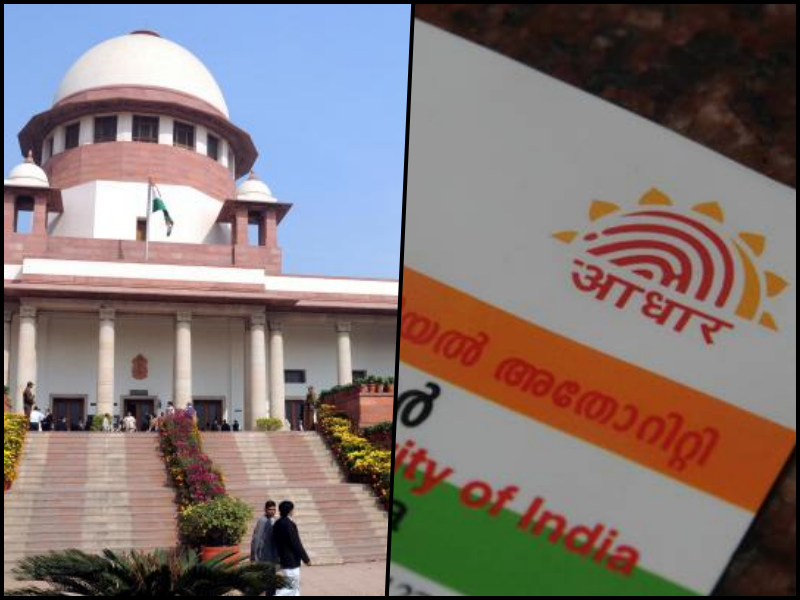
The Supreme Court ruled that individual privacy is a fundamental right, a verdict that will test the validity of a controversial biometric identification project as well as other draconian restrictions over eating beef and gay sex.
The nine-judge bench said in a unanimous ruling the right to privacy was inherent in the right to life, liberty and speech, but not without “reasonable restrictions” when it came to national security, fighting crime and distribution of state benefits.
Yesterday’s judgment becomes the touchstone for the validity of Aadhaar, a 12-digit biometric identification card the government is pushing for use in everything from operating bank accounts and buying property to tax declarations.
Critics have opposed the move as an intrusive tool open to misuse by the government, which has already collected finger prints, iris scans and personal details of more than 80% of the country’s 1.25 billion people.
A separate three-judge bench is already hearing a challenge to Aadhaar that the government says is necessary to plug leakages in its subsidy programmes and prevent corruption.
The hearing took an unusual turn when justice DY Chandrachud, one of the nine judges, overruled a 1976 order co-authored by his father, late justice YV Chandrachud, that upheld the suspension of fundamental rights by then Prime Minister Indira Gandhi during Emergency.
“The judgments rendered by all the four judges… are seriously flawed,” he noted. “Life and personal liberty are inalienable to human rights. No civilised state can contemplate encroachment on life and personal liberty.”
In upholding privacy as a fundamental right, the top court overruled earlier judgements in 1954 and 1962 that said the right to privacy was not part of the Constitution. The judges cited instances of privacy and personal freedom from Ramayana and Quran to the Bible.
Thursday’s verdict was welcomed by both the government and opposition parties with each saying its stand had been vindicated.
The Congress said the ruling heralded a new era for personal freedom and human dignity.

Post Your Comments